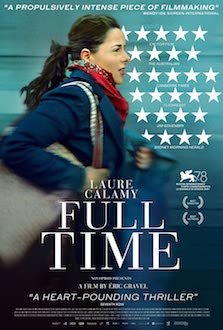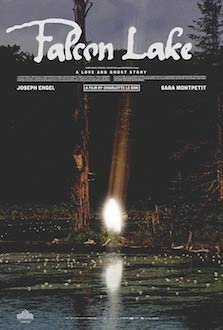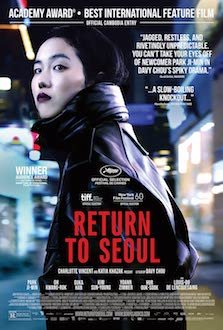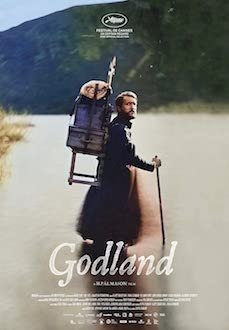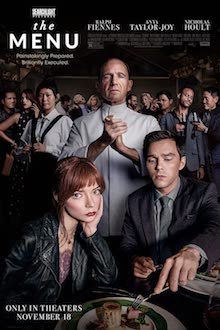Direction: Eric Gravel
Country: France
French writer-director Eric Gravel (Crash Test Aglaé, 2017) deserves all the praise he gets for Full Time, an excellent sophomore feature and sharp social observation of extraordinary impact. Strong in its commitment, the film also owes a lot to Laure Calamy (Only the Animals, 2019; My Donkey, My Lover & I, 2020), whose exceptional performance clarifies the reality of Julie, a single mother who struggles to raise her two children in the countryside while working in a demanding five-star Parisian hotel.
The days start very early for Julie, who risks everything to change her life. While managing her limited time to go to a job interview at a distinguished market research company, she meets with considerable difficulties: a general strike, a complaining nanny, an inflexible supervisor, and an irresponsible ex-husband that leaves her financially tied up. Trapped in a hectic lifestyle, it’s the people and the city itself that don’t let her breathe. But as a strong and determined fighter, she admirably pushes back against adversity. And that’s the richness of a film that many people will be able to relate to.
Gravel’s realism finds the right pacing, and the taut script, although precise and controlled, is implemented with dynamic camera movements and an efficient editing that help extract tension from the real-world scenes. Designed to provoke anxiety, Full Time is more gripping than most of the recent thrillers I’ve seen lately. And how could one not admire a woman who, constantly on the edge, refuses to collapse and keeps fighting for a better tomorrow?

